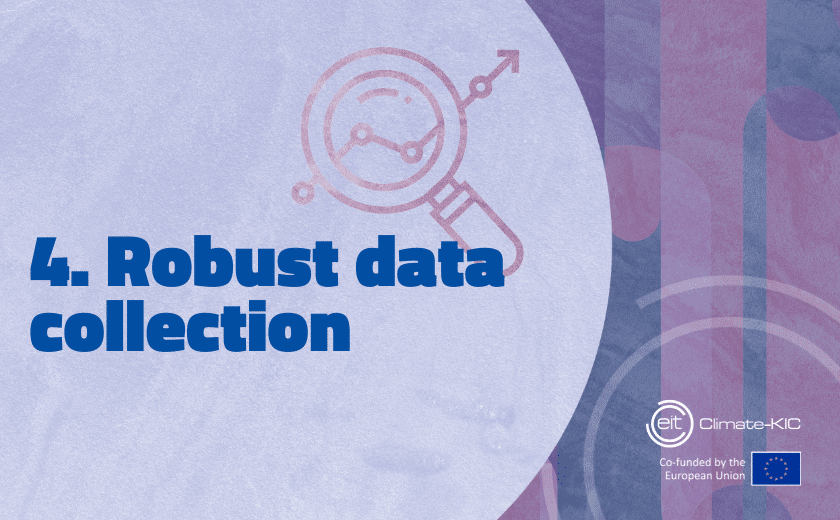Support for woman climate entrepreneurs is only as good as the data

The climate innovation sector is booming globally, with the number of climate start-ups and investments in these start-ups growing year on year. According to Atomico, 27 per cent of all capital invested in European tech in 2023 went toward ‘climate tech’, tripling its share of total EU investment since 2021. There are similar trends across Africa and Latin America where the opportunities associated with sustainable business are being picked up by governments and businesses alike as a way to combat unemployment and expand overseas investment opportunities. What has, unfortunately, not yet emerged with the expansion in climate entrepreneurship are robust and global data sets that track which areas of climate innovation start-ups are working in and, just as importantly, gender data such as the gender split of entrepreneurs in this area.
Why is this important? From sources such as Pitchbook, and the OECD, we know that the number of women-led start-ups is significantly lower than that of men-led start-ups. Africa is the leading continent for women’s entrepreneurial activity, with nearly a quarter of all businesses being started by or run by women. According to the European Investment Bank, the number sits at around 11 per cent for Europe.
Although we can make assumptions that the number of women climate entrepreneurs globally is around the same as general start-ups, we don’t know for certain. This, therefore, leaves us in the dark on which countries, regions or sub-sectors of climate innovation to focus on to unlock the untapped potential of women entrepreneurs and their innovations to support the green transition.
When it comes to investment into these start-ups, the numbers are even lower, with the World Bank estimating a US $1.7 trillion gap between the amount of capital women want and the amount they get. These numbers are in spite of the fact that studies show women-led businesses deliver higher revenue – more than twice the dollar invested – than men-founded businesses, with rates of sustainability in businesses being higher as well.
The benefit of investing in gender data
Having strong data sets on a topic does not pop up overnight – they require funding, resourcing, training and integration into everyday work habits. It requires time and buy-in from leadership for it to be successful, something that the gender equality sector has been working on and fighting for over the past few decades or so.
The impact on outcomes, however, can be transformative. For example, having gender-aggregated data regarding the differing symptoms of heart attacks in men and women has allowed for better guidance for healthcare workers to more easily spot heart attacks in women. Taking a gender-lens approach to the economic impacts of the COVID-19 pandemic allowed countries to develop policies that directly targeted women and girls. Without placing a gender lens on these issues, the disproportionate impact on women and girls would have gone unnoticed, leading to worse health and livelihood outcomes.
At Climate KIC, we are working on expanding the collection and quality of our gender data to inform the work we do across our climate entrepreneurship programmes. We recently revisited our methodology for how we calculate ‘women-led’ and have begun to standardise this across all our programmes. We’re committing to regularly make visible the number of women-led start-ups and entrepreneurship support organisations (ESOs) we work with and create interventions to increase this number. For example, we recently began to work with the Salesforce Foundation to give funding and tailored support to women-led ESOs in our network to increase women’s leadership on climate innovation and inspire other women to take the step into climate entrepreneurship. We’re also supporting our partners in their gender-aggregated data collection to fill in the missing gaps across Africa, Latin America, Asia and Europe when it comes to understanding women’s entrepreneurial activity.
Data is one of the most valuable tools when it comes to pushing for and creating interventions that work – let’s use it to cultivate women climate entrepreneurs worldwide.
